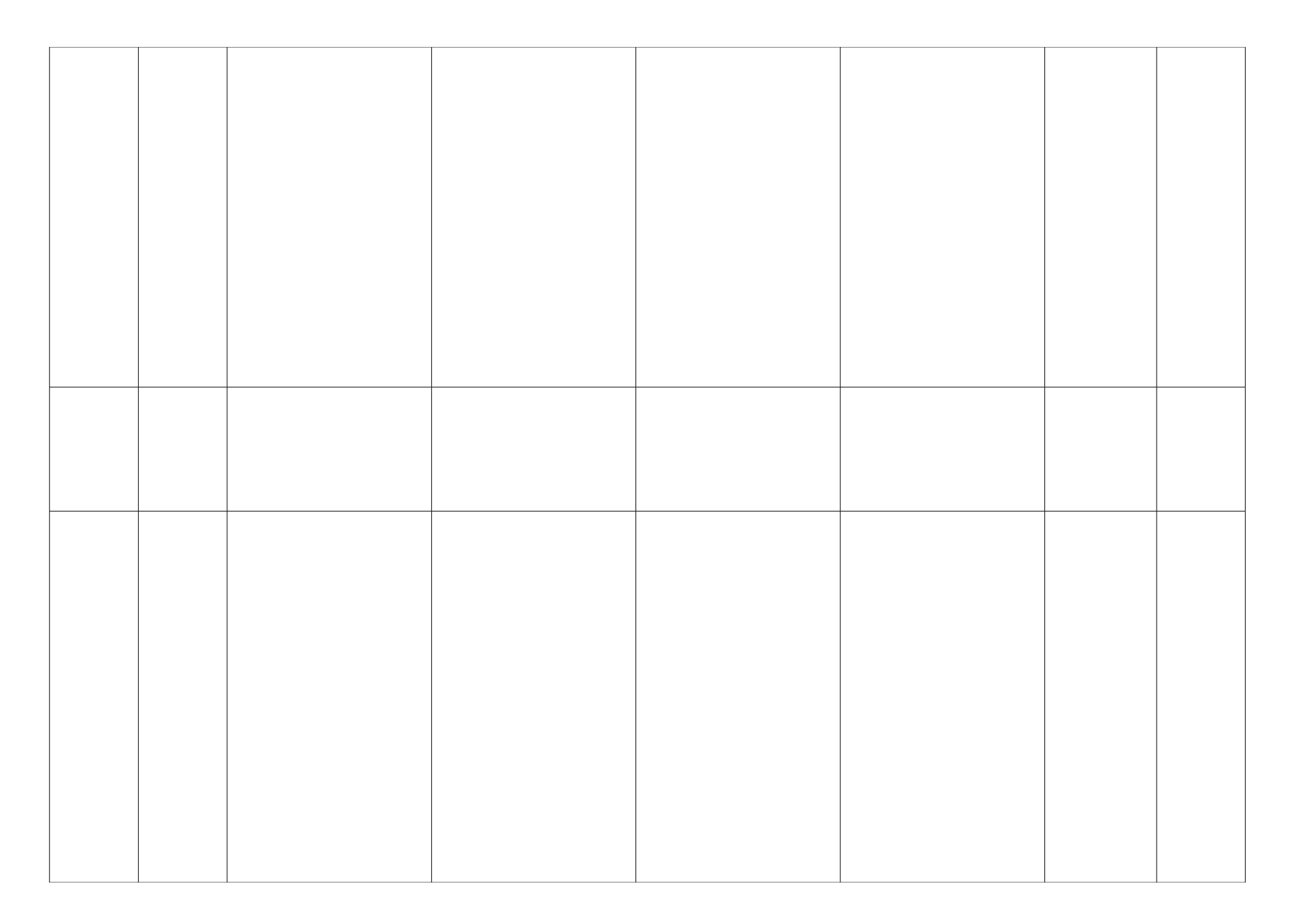

ASEAN
Free Trade
Area
(AFTA)
28-Jan-92
The Common Effective Pref-
erential Tariff for ASEAN
Free TradeAgreement (CEPT-
AFTA): (1992)
CEPT-AFTA: Reduction to
20% in 5-8 years, from 1
January 1993, at an annual
rate of reduction (X-20)%/5
or 8,where X equals the ex
isting tariff rates. Subsequent
reduction of tariff rates from
20% or below within a time
frame of 7 years. The rate
of reduction at a minimum
of 5% quantum per reduc-
tion.
ATIGA:MemberStates
shall eliminate import duties
on all products traded between
the Member States by 2010
for ASEAN-6 (Brunei Darus-
salam, Indonesia, Malaysia,
the Philippines, Singapore and
Thailand) and by 2015, with
flexibility to 2018, for Cambo-
dia, Lao PDR, Myanmar and
Viet Nam (CLMV).
Schedule A: (i) For ASEAN-
6, by 1 January 2009:- Import
duties of at least 80% lines
eliminated; - Import duties on
ICT products eliminated;- Im-
port duties on all Priority Inte-
gration Sectors (PIS) products
at 0% except those listed in
the negative lists. Import du-
ties on all products equal to or
less than five percent (5%); (ii)
For Lao PDR, Myanmar and
Viet Nam, import duties on all
products equal to or less than
5% by 1 January 2009; (iii) For
Cambodia, import duties of at
least 80% lines are equal to or
less 5% by 1 January 2009; (iv)
Import duties on some prod-
ucts of CLMV, not exceeding
seven percent (7%) of lines,
shall be eliminated by 2018.
Brunei Darus-
salam, Indone-
sia, Malaysia,
Cambodia,
Lao
PDR,
Myanmar,
Philippines,
Singapore,
Thailand,
VietNam
Yes
Asia Pa-
cific Trade
Agreement
(APTA)
17-Jun-76
Formerly known as "Bangkok
Agreement". Entry into force
of the amended Agreement:
01-sept-06
Participating States shall en-
ter into periodic negotiations
to further expand the Agree-
ment.
Each Participating State shall
apply tariff, border charge and
fee, and non-tariff concessions
in favour of the goods originat-
ing in all other Participating
States as are set out in its Na-
tional List of Concessions.
Participating States conduct
their negotiations for tariff
concessions by : (a) product-
by-product basis; (b) across-
the-board tariff reductions; (c)
sectoral basis. The tariff ne-
gotiations based on the current
MFN rates.
Bangladesh,
China, India,
Lao, Republic
of Korea and
Sri Lanka
Yes
Chile - In-
dia
17-Aug-07
The PTA was signed on March
8, 2006. The Parliament of
Chile approved it in April 2007
and President of Chile signed
the decree on August 16, 2007
on ratification of the PTA in
Chile. The PTA came into
force with effect from 17th Au-
gust, 2007 in Chile and in In-
dia on 11.09.2007. Implemen-
tation of India-Chile PTA has
been notified to WTO on 13th
January, 2009.
The products covered in the
mutual offers account for more
than 90% of the value of to-
tal bilateral trade amounting
to USD 447.54 Million, which
took place between the two
countries during 2004-05.
India offered tariff concessions
on meat and fish products (84
lines), rock salt (1 tariff line),
iodine (1 tariff line), copper ore
and concentrates (1 tariff line),
chemicals (13 lines), leather
products (7 lines), newsprint
and paper (6 lines), wood
and plywood articles (42 lines),
some industrial products (12
lines), shorn wool & noils of
wool (3 lines) and some oth-
ers (7 lines). Chile’s offer cov-
ers some agriculture products
(7 lines), chemicals & pharma-
ceuticals (53 lines), dyes and
resins (7 lines), plastic, rub-
ber and miscellaneous chemi-
cals (14 lines) leather products
(12 lines), textiles and clothing
(106 lines), footwear (10 lines),
some industrial products (82
lines) and some other products
(5 lines).
India offered fixed tariff prefer-
ences ranging from 10% to 50%
on 178 lines at the 8 digit level
to Chile, the latter offered tar-
iff preferences on 296 lines at
the 8 digit level with margin of
preference ranging from 10% to
100%.
India, Chile
No

















